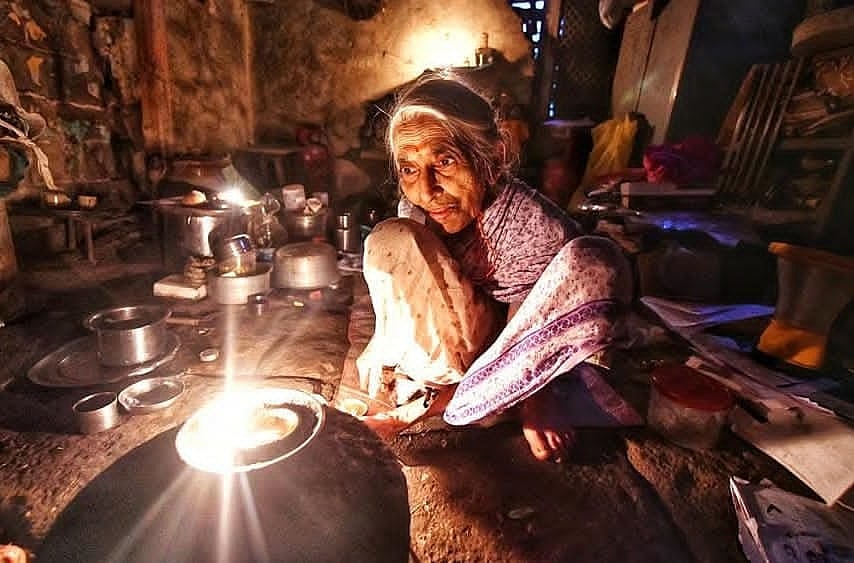The latest Bollywood sensation Saiyaara is not just ruling the box office but also sparking important conversations. The surprise hit follows the emotionally intense journey of a 22-year-old woman diagnosed with early-onset Alzheimer’s-a rare but real medical condition that affects memory, cognition, and day-to-day functioning in individuals far younger than the typical patient.
What is early-onset Alzheimer’s?
Alzheimer’s disease is a progressive neurological disorder that typically appears in people over the age of 65. However, in rare cases, it can affect individuals in their 30s, 40s, or even 20s. When symptoms begin before age 65, it is referred to as early-onset or younger-onset Alzheimer’s.
According to experts at Johns Hopkins University, early-onset Alzheimer’s affects only a small percentage of people with the disease, but its impact is devastating, often cutting short careers, relationships, and independent lifestyles during the prime of life.
Early-onset vs. Late-onset
Most symptoms of early-onset Alzheimer’s mirror those of late-onset cases. However, since younger individuals are typically more active and socially engaged, signs like forgetfulness or disorientation may initially be mistaken for stress or burnout.
There are two main forms of early-onset Alzheimer’s:
Common Early-Onset Alzheimer’s
This version progresses similarly to Alzheimer’s in older adults, though symptoms emerge earlier.
Familial (Genetic) Alzheimer’s
An extremely rare inherited form, familial Alzheimer’s is caused by specific gene mutations. Individuals with this form may begin showing symptoms in their 30s or 40s, and it tends to run in families.
What causes Alzheimer’s in young people?
Although the exact cause of Alzheimer’s is still not fully understood, researchers believe that two abnormal brain proteins play a major role:
Beta-amyloid plaques: Sticky clusters that build up between nerve cells and disrupt communication.
Tau tangles: Twisted fibers that form inside cells and block the transport of essential nutrients.
While the formation of plaques and tangles is a natural part of aging, people with Alzheimer’s develop them in excess-and much earlier, especially in memory-related areas of the brain. This early accumulation disrupts normal brain function, leading to cognitive decline.
Warning signs to watch for
Alzheimer’s affects people in unique ways, but some of the most common symptoms include:
Memory loss that disrupts daily life
Difficulty planning or solving problems
Confusion with time or place
Trouble understanding visual images or spatial relationships
Changes in mood, behavior, and personality
Getting lost in familiar surroundings
Difficulty with words in speaking or writing
In younger patients, these symptoms may be overlooked or dismissed as anxiety, depression, or fatigue. However, when such signs persist, it’s essential to seek medical advice.
Who is at risk of developing early-onset Alzheimer’s?
While Alzheimer’s doesn’t have a single cause, several risk factors are known to increase the likelihood of developing the disease early in life:
Family history and specific genetic mutations
Head trauma or traumatic brain injury (TBI)
Cardiovascular conditions like heart disease and diabetes
Smoking and unhealthy lifestyle habits
Obesity and poor diet
High levels of stress over extended periods
Is there a cure for early-onset Alzheimer’s?
Currently, there is no cure for any form of Alzheimer’s, but treatment options can help manage symptoms and slow the progression. Medications such as cholinesterase inhibitors and memantine may be prescribed, along with lifestyle changes, cognitive therapy, and support programs.
Early diagnosis is crucial-especially for younger individuals- as it allows for better planning, access to resources, and adjustments in work and personal life.
The Saiyaara effect: Raising awareness through cinema
By choosing to highlight such a rare condition through a young female protagonist, Saiyaara has brought much-needed visibility to early-onset Alzheimer’s. For Gen Z and millennial viewers, it’s a wake-up call that cognitive disorders are not just an "old age" issue.











